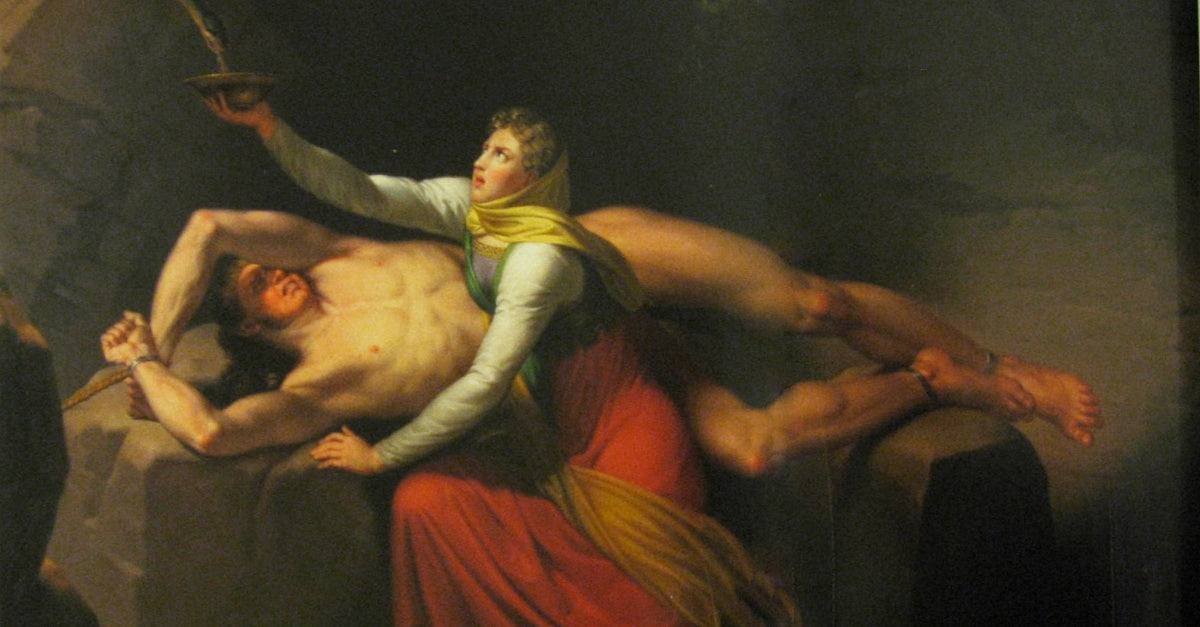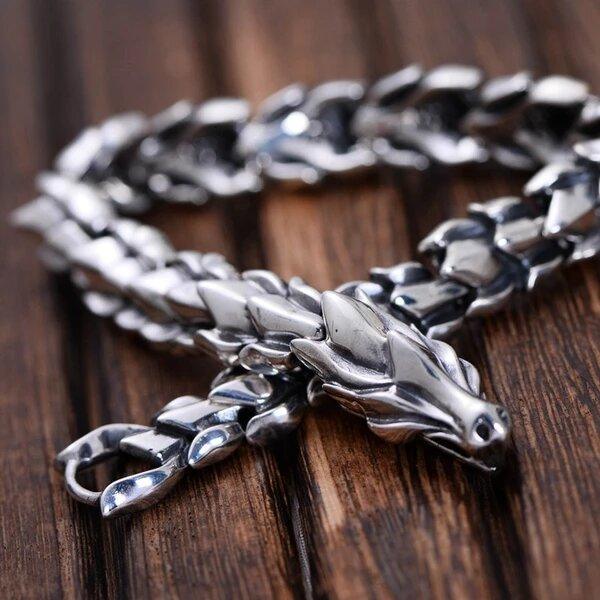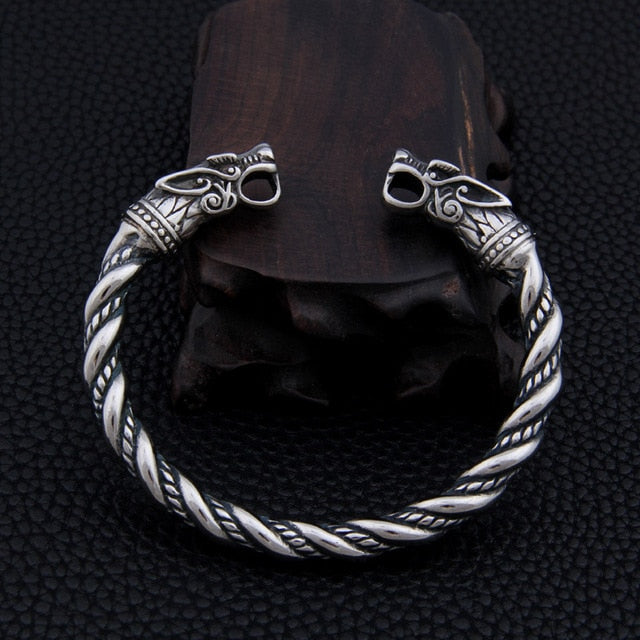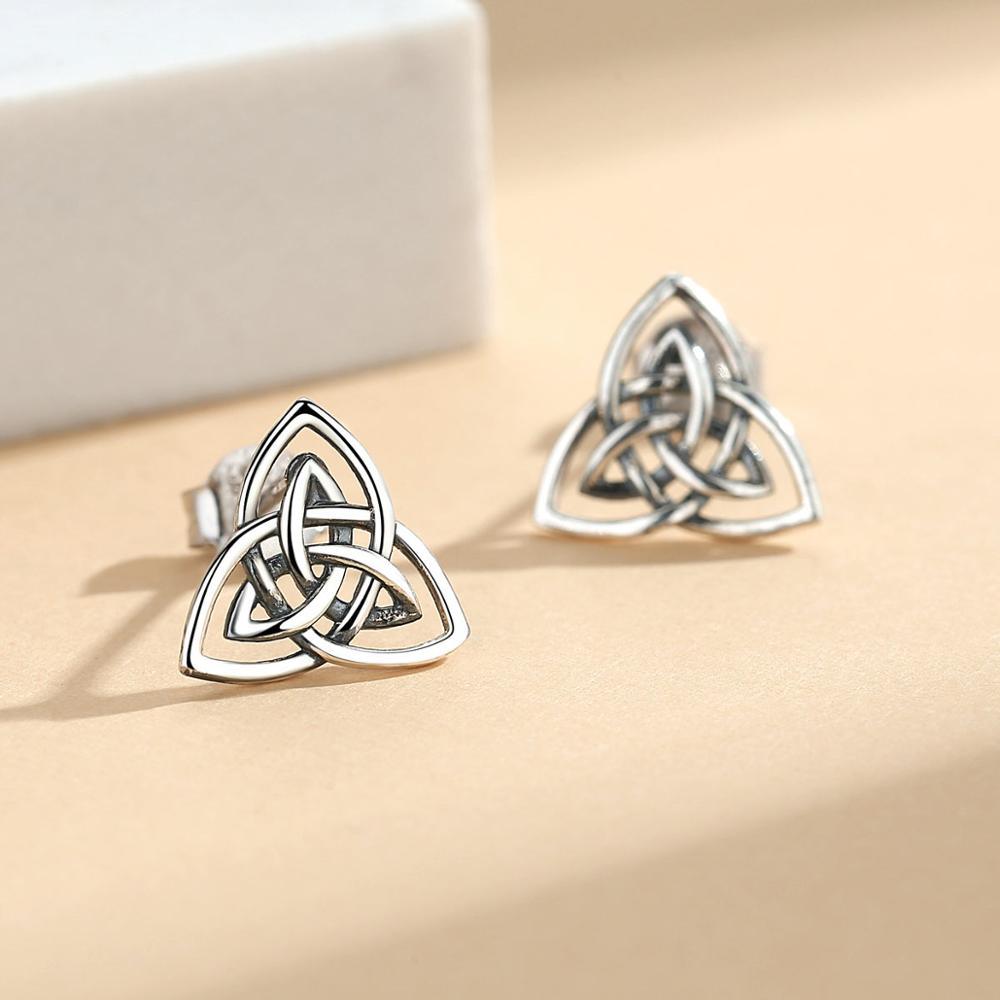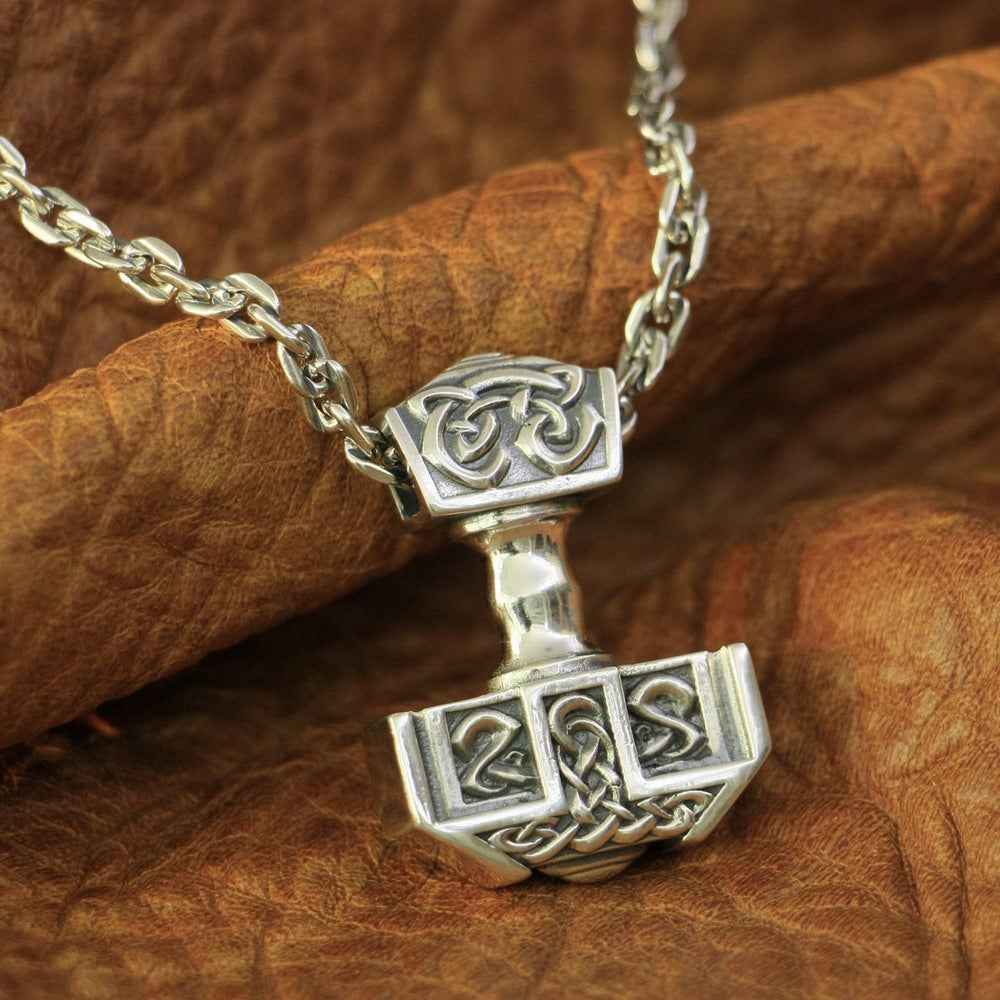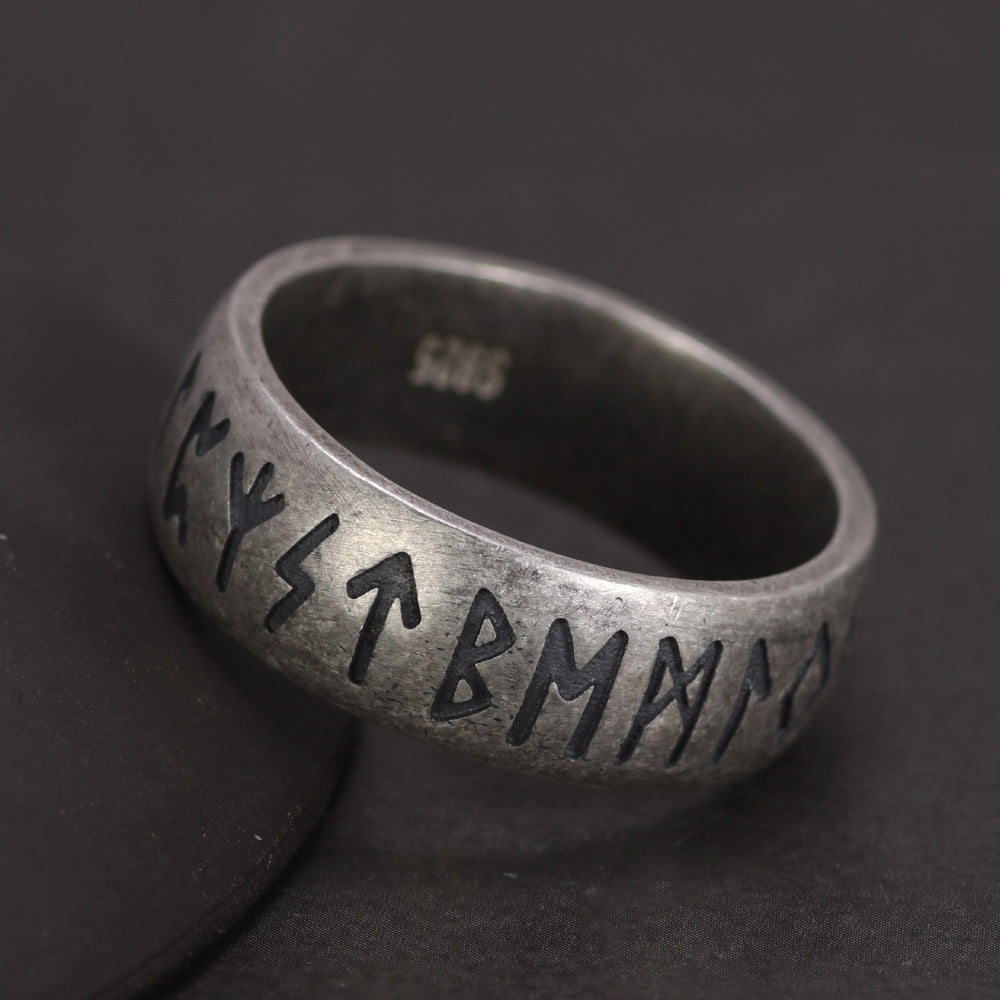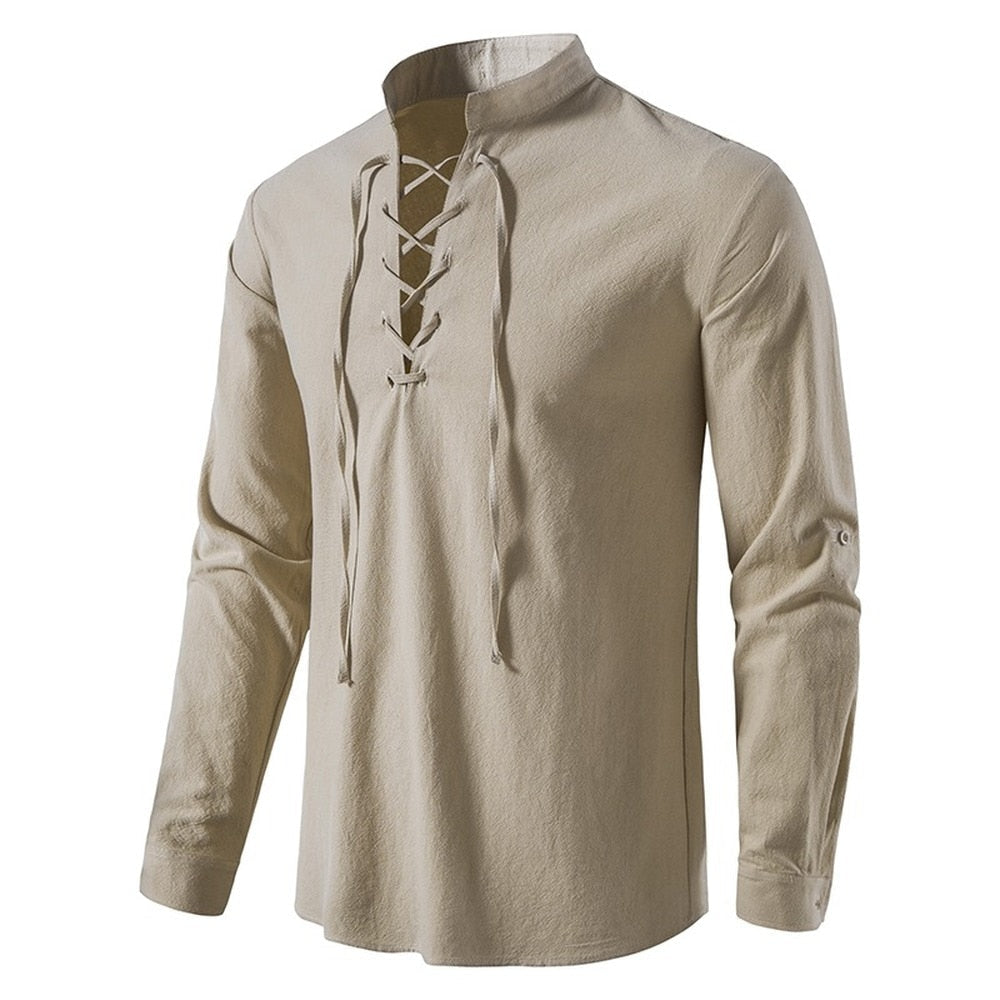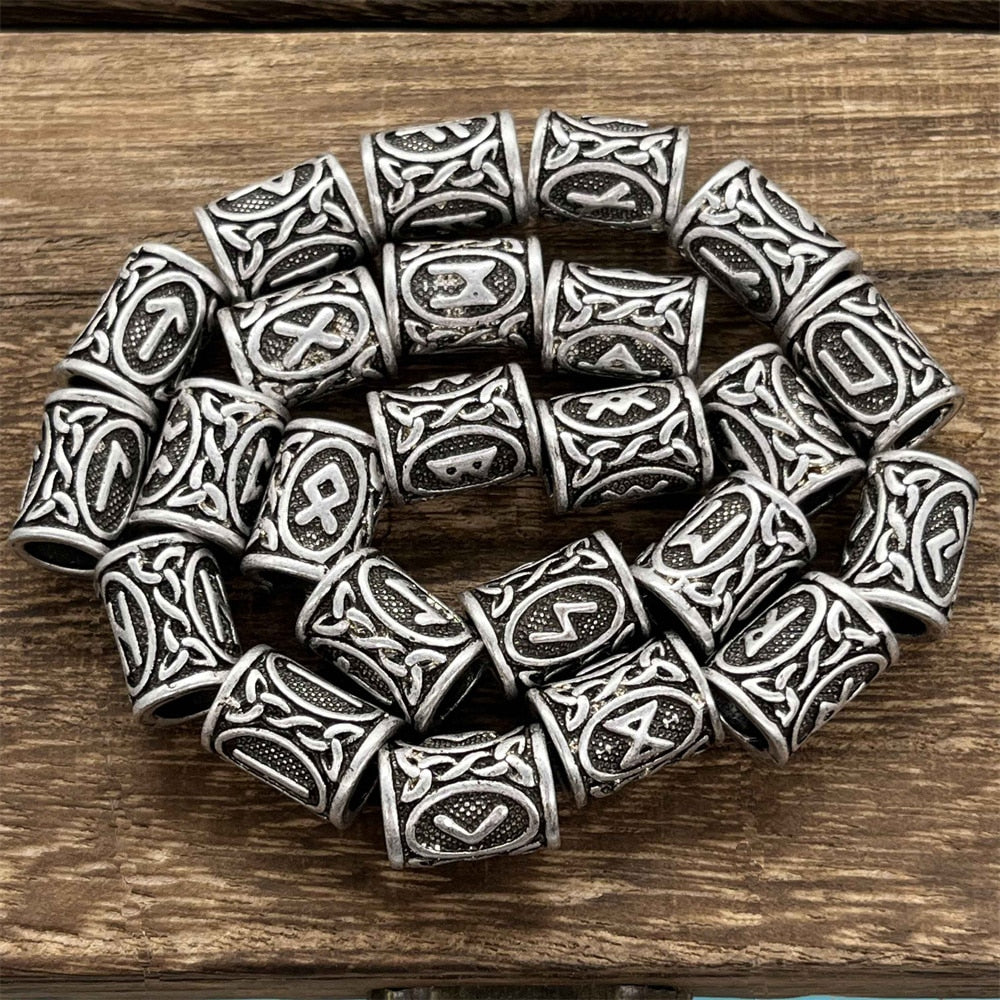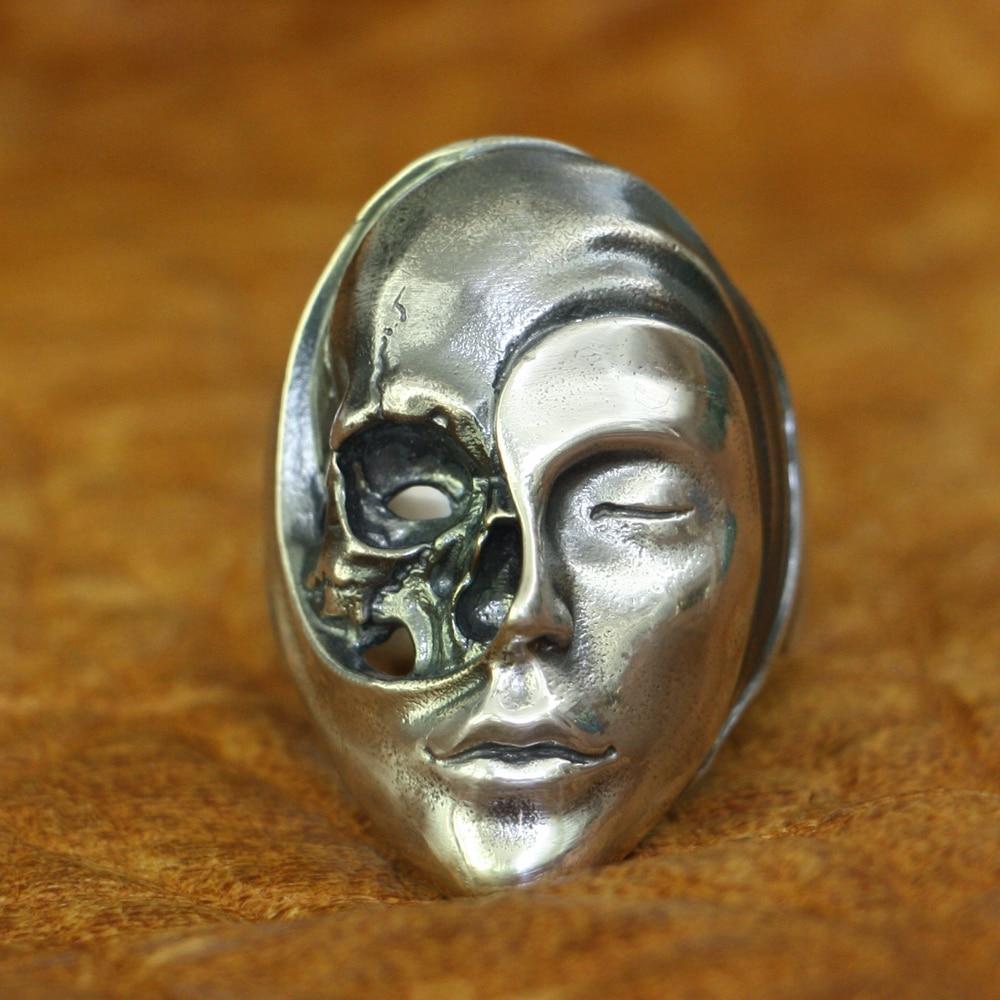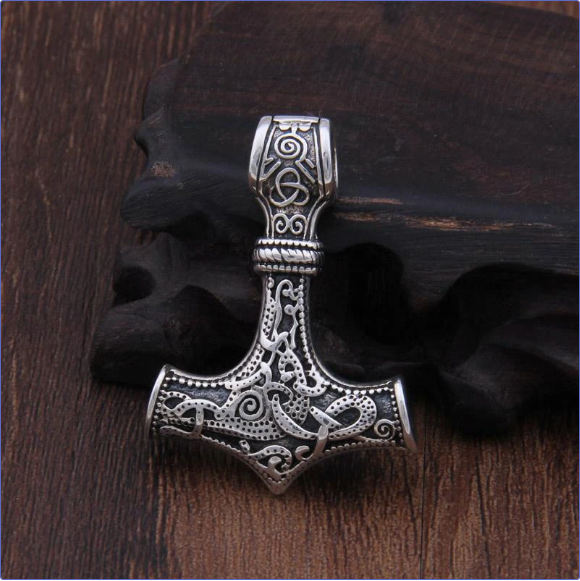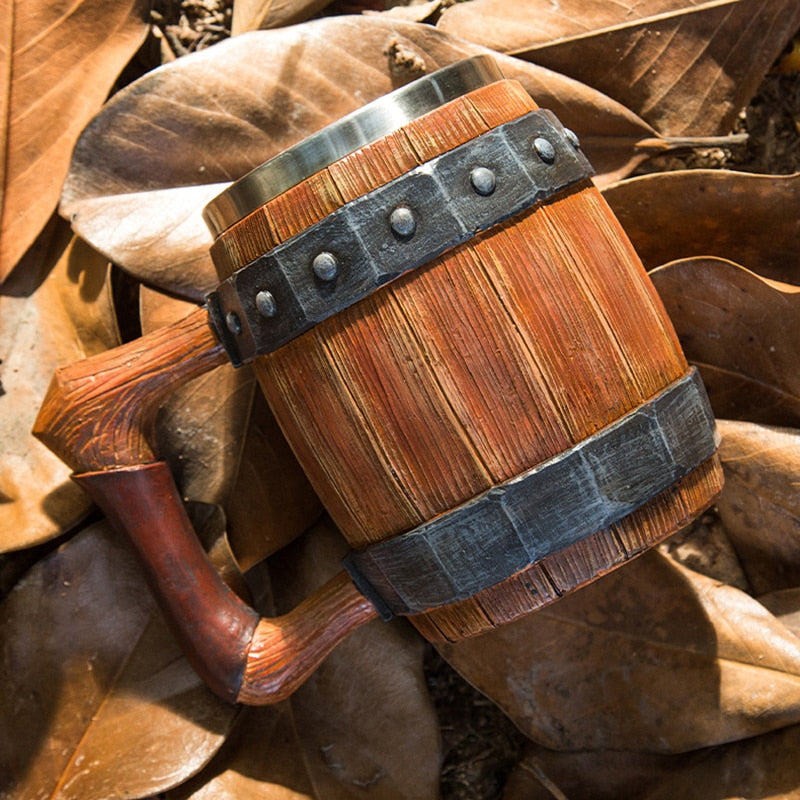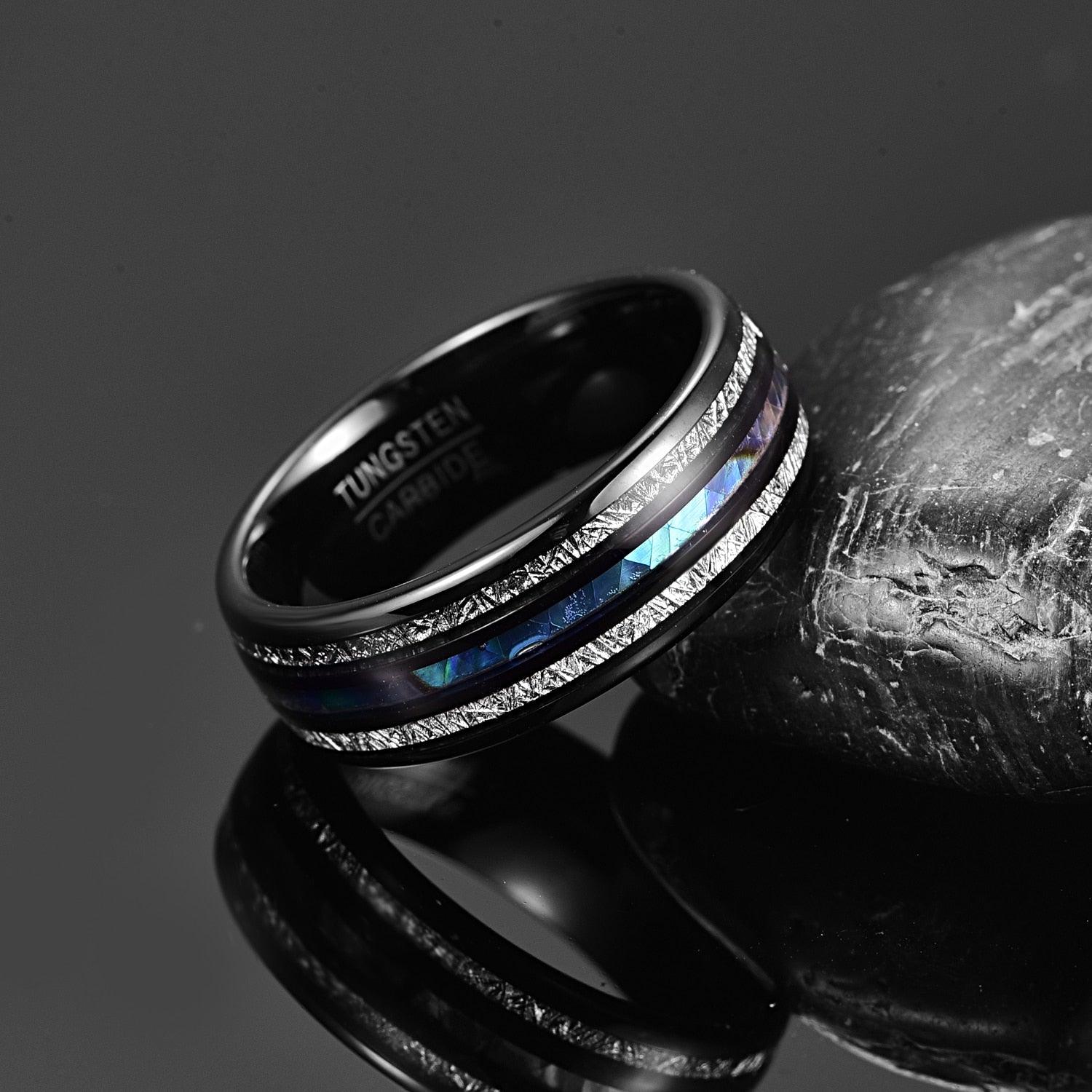The Gods finally had their fill with Loki. He betrayed his once friend Thor, leading him without his hammer to a trap laid by an enemy giant (read more here). He had stolen Freyja’s prized necklace Brisingamen and cut Sif’ hair. He offended all the Gods at once, during what was supposed to be a feast (read more here). All of these could be forgiven, but not his worse crime: The death of Balder. He was the one who gave the blind Hodr a mistletoe and aimed for him. Worse, he was the one that prevented Balder to be ransomed from Hel’s domain (read more here).

Enough was enough.
Loki realized his luck has ended, and decided to hide. First he flew to the North and came into the wastes of Jötunheim. As a raven he lived there, hiding himself from the wrath of the Gods. There he told the Giants that the time had come for them to build the ship Naglfar, the ship that was to be built out of the nails of dead men, that was to sail to Asgard on the day of Ragnarök. The giants listened and began construction, but that drew the attention of the Gods.
Fleeing the Gods, Loki flew as a raven to the burning South, and as a lizard he lived amongst the rocks of Muspelheim, the Land of Fire. There he made the Fire Giants rejoice when he told them of the loss of Frey's sword and of Tyr's right hand.
As the commotion in Muspelheim was noticed by the Gods, Loki again escaped, this time to Midgard, the World of Men.
He had decided to lay low in Midgard, but even so, made plans to be ever ready for escape. He had come to the river where, ages before, he had slain the otter that was the son of the dwarf Hreidmar, brother to Fafnir (who later became a dragon), during the events that led to the curse of the Andvari’s Ring (read more here).
On the very rock where the otter had eaten the salmon on the day of his killing, Loki built his house. He made four doors to it so that he might see in every direction and wove a fishing net of flax and yarn so he could feed from the fish in the river. He also decided to spend most of his time shape-shifted into a salmon, making his detection by the Gods even harder.
For some time Loki remained hidden, hoping that the Gods would forget about him, but the wrath that the Gods had against Loki did not pass away. Even if the Gods could forgive Loki for most of his past offenses, it was Loki who had put into Hödr's hand the sprig of Mistletoe that had caused the death of Baldr, and it was Loki who prevented Hel’s ransom over Baldr’s soul to be paid. Loki had became a dishonored murderer in the eyes of the Gods, and for that they were determined to make him pay.

The Gods searched relentlessly through all the Nine Realms for Loki, eventually finding his dwelling as he was weaving his net to take fishes from the river. Loki was always alert and, when he saw the Gods coming from the four directions, he threw the net into the fire, burning it, and he sprang into the River, transforming himself into a salmon. When the Gods entered his dwelling they found only the burnt-out fire.
In the ashes, the Gods found the remains of the burnt net. They immediately took the twine Loki had been using and crafted their own net, for they saw how Loki changed his shape to that of a salmon and they would not allow him to escape.
Loki was terrified to find a net similar to that of his own weaving being brought against him, and he lay between two stones at the bottom of the River, allowing the net to pass over him. Several times the Gods cast their net into the stream, and each time Loki eluded them.
But the Gods knew that the net had touched something at the bottom. They fastened weights to it and they dragged the net through the River again. Loki knew that he might not escape this time and he rose in the water, swimming towards the sea. The Gods caught sight of him as he leaped over a waterfall. They followed him, dragging the net. Thor waded behind, ready to seize him should he turn back. Loki reached the mouth of the river and saw a great eagle hovering over the waves of the sea, ready to swoop down on him.
Loki knew that he had little chance against the bird and decided to turn back. As the net dragged by the Gods closed on his position, Loki leaped over it, convinced he had again outsmarted the Gods. However, Thor was behind the net and he caught the salmon in a powerful grasp, holding him with all the rage of a friend betrayed. No fish had ever struggled so before. Loki almost managed to escape, but his tail was held firm in Thor’s hands, who brought him amongst the rocks, forcing Loki him to return to his true form.

Loki was then taken, in his regular form, to a cave. The Gods then brought in Loki’s two sons Váli and Nari (or Narfi). The Gods changed Váli into a wolf, and immediately he became rabid and killed his own brother Nari, strewing his entrails across the cave floor. Loki was then fastened to three rocks in the cave with the entrails of his slain son, which the Gods had turned into iron chains.
The giant Skadi, wife to the God Njord brought forth a serpent with a deadly venom, hanging it above Loki's head. The drops of venom fell upon his face and eyes to forever torture him, drop by drop, minute by minute.
In all the Nine Realms, only one person felt pity on Loki, his wife Sigyn, who came to Loki's relief. Although he had left her and had shown his hatred for her, Sigyn wept for her evil husband.
Sigyn sat by his side with a bowl that she held up to the snake’s mouth to catch the poison. But every so often, the bowl became full, and Sigyn would have to leave her husband’s side to dispose of its contents, at which point the drops fell onto the unrepentant God’s face, causing him to shake violently, which brought about earthquakes in Midgard.

Loki will remain imprisoned until Ragnarok, when he will break free from his bonds to assist the giants in destroying the cosmos.
Sources:
Lee M. Hollander (1962) The Poetic Edda. Lokasenna. 15th. edition. Texas, USA: University Research Institute of the University of Texas. ISBN 978-0-292-76499-6
Simek, Rudolf. 1993. Dictionary of Northern Mythology. Translated by Angela Hall.
Jesse Byock (2005) Snorri Sturluson, The Prose Edda. 1st. edition. London, England: Penguin Books Ltd. ISBN-13 978-0-140-44755-2
Anthony Faulkes (1995) Snorri Sturluson, Edda. 3rd. edition. London, England: Everyman J. M. Dent. ISBN-13 978-0-4608-7616-2
